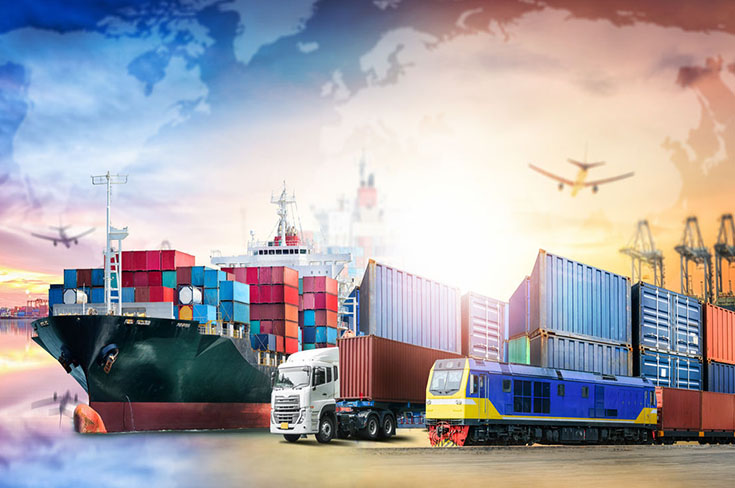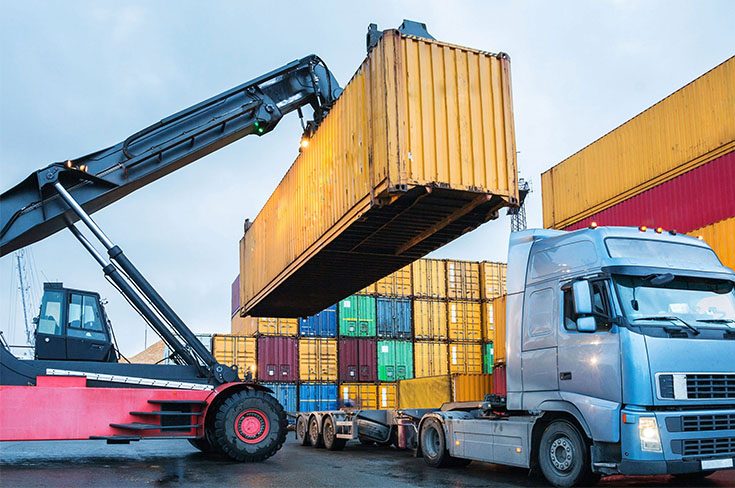With the continuous development of cross-border trade, overseas warehouses and FBA have almost become the standard configuration of cross-border e-commerce. There are many differences between FBA and overseas warehouses. The obvious difference is that FBA is Amazon’s official self-operated warehouse, while overseas warehouses are third-party warehouses.
1.FBA&Overseas warehouse
FBA (Fulfillment by Amazon) means that sellers send their product inventory sold on Amazon directly to the warehouse of Amazon’s local market. When customers place an order, the Amazon system automatically completes the subsequent delivery.
An overseas warehouse is a storage facility established overseas. In cross-border e-commerce, domestic enterprises transport commodities to target market countries through bulk transportation, build local warehouses, store commodities, and then respond to local sales orders in the first place, and carry out sorting, packaging and distribution directly from local warehouses.
- The difference between an overseas warehouse and an FBA warehouse
(1)Different warehousing requirements: the warehousing requirements of FBA warehouses are much more strict than those of overseas warehouses, which are more inclined to products with small size, high profit, and good quality. Overseas warehouses can accept a wider range of goods. Except for those prohibited items, there are no strict requirements for other goods.
(2) Different treatment: After entering the FBA warehouse, the Listing ranking can be improved. There are 30% of Amazon Prime users in the United States, so the probability of selling products will be higher. This privilege would not be granted to overseas warehouses.
(3) Differences in logistics services: Amazon will not provide the first journey service, but will take over the service after warehousing, while most overseas warehouse service providers will provide the first journey service, on-site collection, customs clearance, transportation, delivery, and other complete logistics services.
(4) Different storage costs: Compared with the FBA warehouse, the overseas warehouse has lower storage costs, especially for large goods.
(5) Different return and exchange services: FBA customers can return products at will. Amazon will not sell the products returned by customers, but can only destroy them or send them back to the seller, which will cost extra. Such a return method will lead to a higher return rate. For the returned products, if there is no quality problem, the overseas warehouse can change the label or repackage the products for the seller, and then sell them again, which can reduce the loss of the seller.
Since Overseas warehouses were established, it is not only the construction of overseas warehouses but also the optimization and integration of existing cross-border logistics and transportation schemes. MOOV provides tailor-made transportation solutions for your business.

 简体中文
简体中文 Nederlands
Nederlands



